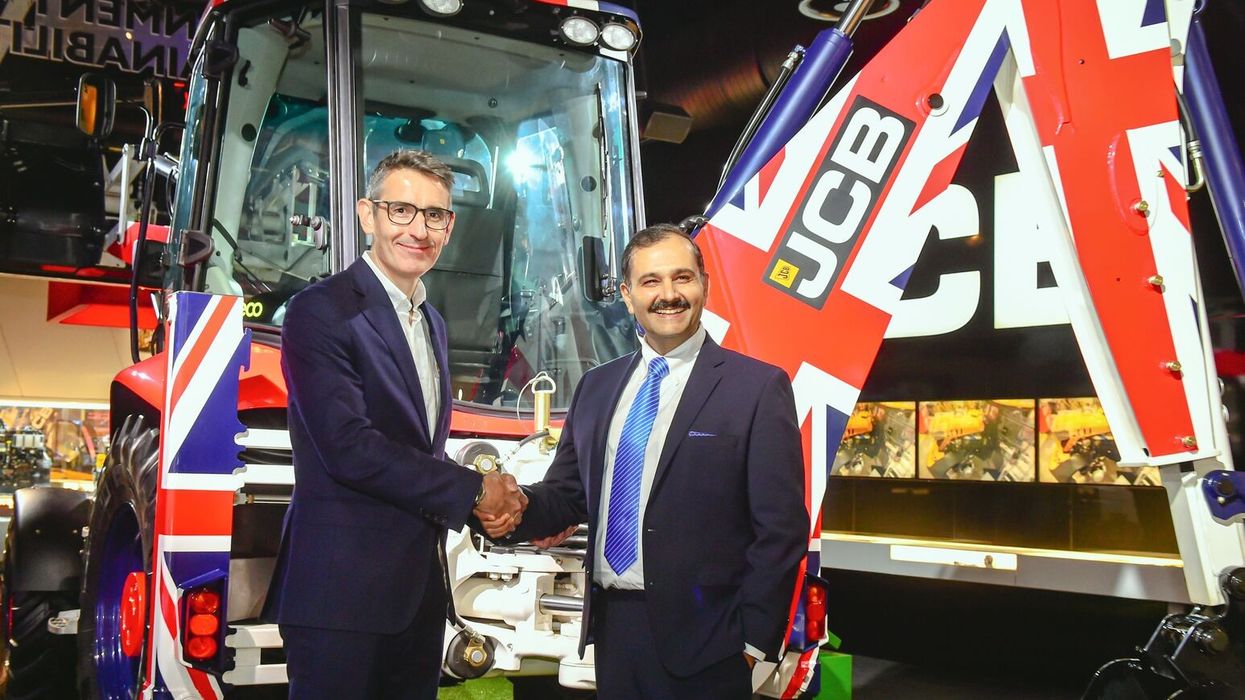TATA STEEL UK and JCB have signed a Memorandum of Understanding to supply low-carbon 'green' steel, marking a significant step towards sustainable manufacturing in the UK.
The partnership will see Tata Steel supply green steel from its Port Talbot site to JCB once its transformation plans are completed.
This deal represents the first supply agreement since Tata Steel's £1.25 billion joint investment with the UK government to transition to low-CO2 steel production in South Wales, a statement said.
The agreement centres on a new electric arc furnace with a capacity of three million tonnes per year. The facility will be built at the Port Talbot site.The project is expected to cut CO2 emissions at the site by 90 per cent. Also, it could reduce the UK's overall carbon emissions by 1.5 per cent.
The electric arc furnace will use UK-sourced scrap metal, removing the need to import iron ore and coal from other countries. This approach supports domestic steel production.
Anil Jhanji, chief commercial officer of Tata Steel UK, said the project meets customer needs for green steel. Wayne Asprey from JCB described the agreement as a step towards reducing supply chain carbon emissions.
The £1.25 billion investment, which includes a £500 million government grant, represents the largest capital expenditure in UK steel production in decades, signalling a strong commitment to sustainable industrial development. The project is set to begin in summer 2025, with 75 per cent of raw materials to be sourced within the UK, up from the current 10 per cent.
Jhanji stressed the importance of the partnership: "Our transition plans are driven by customers like JCB who need green steel to meet their decarbonisation goals. This collaboration represents an important step in the UK's transition to a circular economy."
Wayne Asprey, JCB's group purchasing director, said, "This agreement marks an essential next step in our journey towards supply chain decarbonisation. We are fully supportive of Tata Steel UK's investment proposals."
JCB has been a pioneer in industrial decarbonisation, launching its Road to Zero programme in 2010 and developing innovative solutions like the first electric mini-digger in 2018 and hydrogen-powered machinery in 2021.





